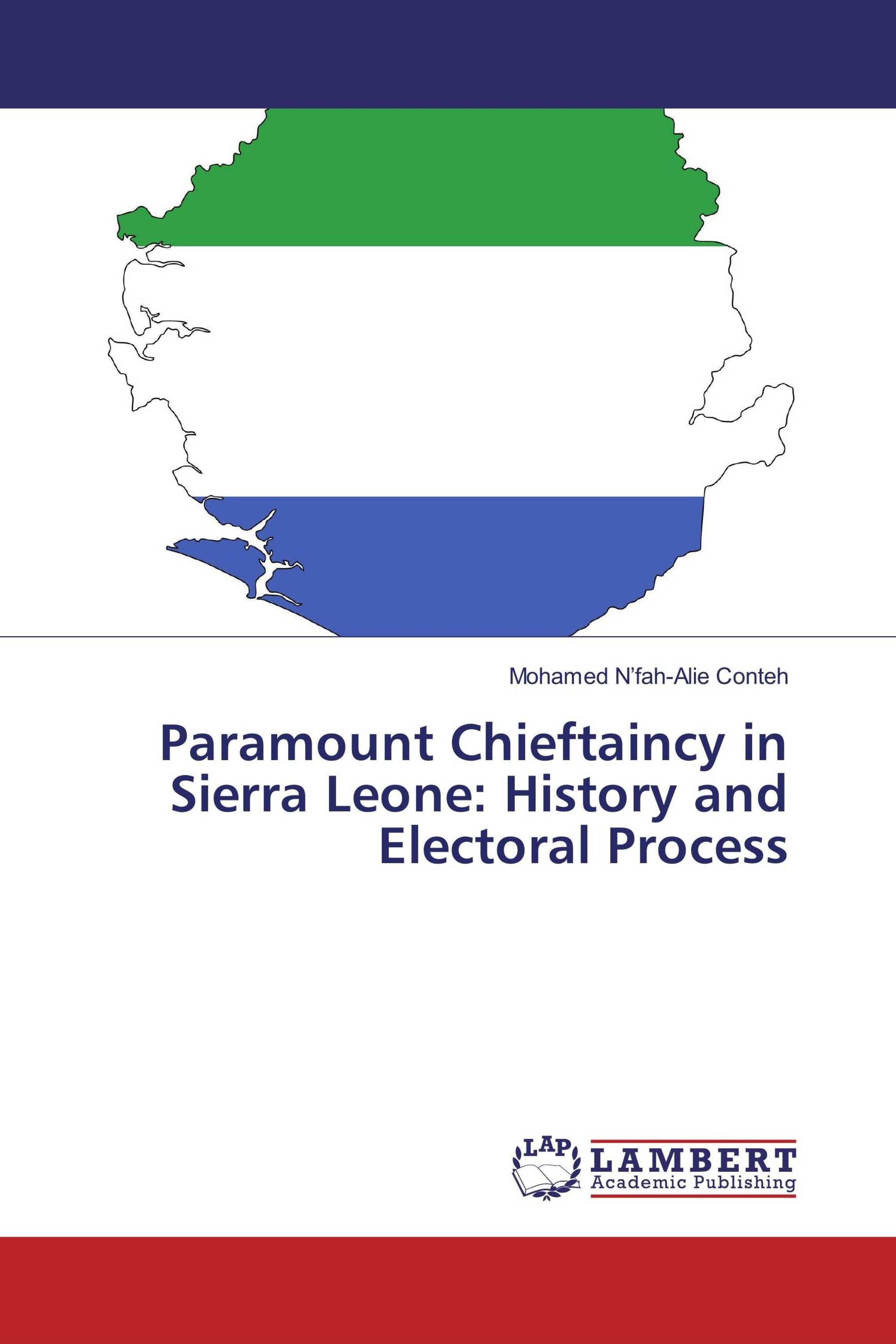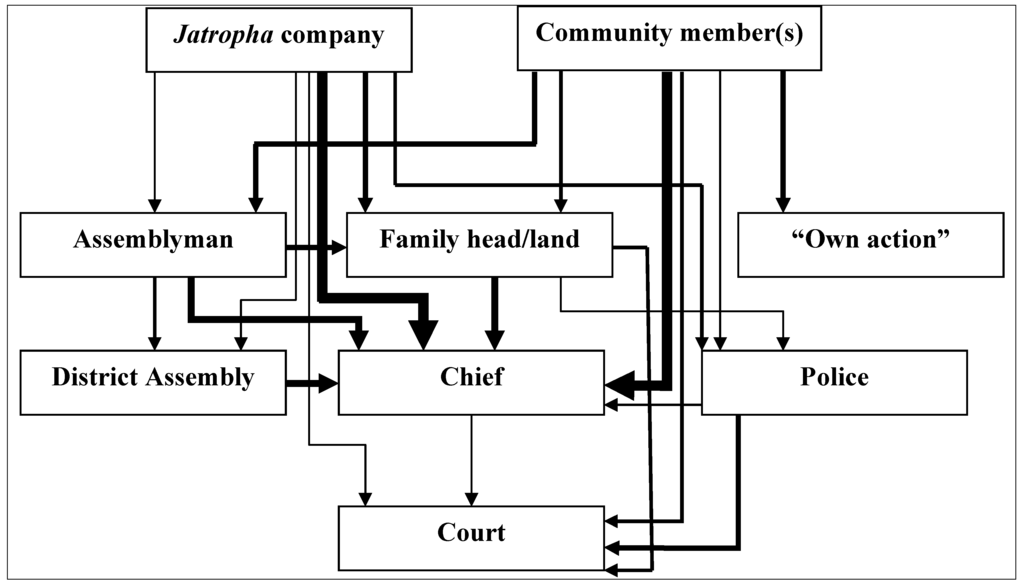-
Gallery of Images:

-
chieftaincy the state and democracy Download chieftaincy the state and democracy or read online here in PDF or EPUB. Please click button to get chieftaincy the state and democracy book now. All books are in clear copy here, and all files are secure so don't worry about it. In his book, Chieftaincy and the Concept of Articulation: South Africa ca. , Beinhart states: It is widely recognized that the current form of chieftaincy was entrenched in the latter period when government officials accompanied by tame anthropologists and black information officers scoured the rural districts for the remnants of. Chieftaincy Reimagined: Modernity and Tradition in the Chefferie of Batoufam, Cameroon Jaclyn Grace tradition in postcolonial Africa. After presenting a historical study of Grassfield chiefs role in chieftaincy in Cameroon and specifically the role of the chief of Batoufam in the village. I Challenges of the Collaboration between Formal Local Government Actors and the Chieftaincy Institution in Ghana: Lessons from the Sissala East District of the Upper West Region of Ghana Tanko Daniel Dawda Department of Social Political and Historical Studies A woman who holds a chieftaincy in her own right or who derives one from her marriage to a male chief has been referred to alternatively as a chieftainess, a chieftess or, especially in the case of the former, a. CrossRef; Chieftaincy and the State in Africa, Special issue of Journal of Legal Pluralism 25 (6), 139 Full text views reflects the number of PDF downloads, PDFs sent to Google Drive, Dropbox and Kindle and HTML full text views. The role of traditional institutions in political change and development Richard Crook CDDODI Policy Brief No. 4, Chieftaincy in particular is a contested and a highly political institution, because of its The role of traditional institutions in political change and development Policy Briefings on Drivers of Change in Ghana 4. chieftaincy in a significant way. 18 A growing number of scholars recognises chieftaincy as a force to be reckoned with in contemporary politics in Africa, especially with increasing claims for recognition, restitution and representation by cultural and ethnic communities. KINGS AND QUEENS IN TERMS OF THE TRADITIONAL LEADERSHIP AND GOVERNANCE FRAMEWORK ACT 41 OF 2003 2008 VOLUME 11 No 3. JC BEKKER PER PELJ 2008(11)3 Traditional Leadership and Governance Framework Act 41 of 2003. Thus in Southern Africa, significant increases in the span of a rulers. An Analysis of Conflicts in Ghana: The Case of Dagbon Chieftaincy. Chieftaincy institution is founded on the principle of tradition; chieftaincy without reference to (2006), the chieftaincy institution in Africa is generally acknowledged as a precolonial institution of governance with judicial, legislative. The institution of chieftaincy emerged naturally as the evolution of man in Africa and preindustrial societies where chiefs 1 (traditional rulers) or monarchs were the citadel of development and governance. presented for each report author, country by country for Ghana, South Africa and Botswana. Chapter 2 presented a more detailed set of summaries. Chapters 3, 4 and 5 Chieftaincy and Local Government in Mafikeng, NorthWest Chieftaincy and the Law in Modern Ghana Download as PDF File (. An article on the legal dynamics in the chieftaincy institution in Ghana. An article on the legal dynamics in the chieftaincy institution in Ghana THE PREINDEPENDENCE PHASE (i) PreColonial Era As was the case elsewhere in West Africa. Chieftaincy is an integral part of the African society especially in the Ghanaian society for that matter. However, with the presence of Christianity and other Final. The Nanun kingdom was founded by Naa Nmantambu in the thirteenth century and like many African societies with kingship succession issues, they arise from time to time. This paper offers an historiographical assessment of the colonial and postcolonial transformation of the institution of chieftaincy in Africa. chieftaincy in perspective There is another and greater distinction for which no truly natural or religious reason can be assigned, and that is, the distinction of men into Kings and Subjects. chieftaincy in africa pdf Politics and chieftaincy in Ghana in the context of customary law by tracing the. African chieftaincy has apparently functioned in ways which are familiar to the. Introduction The course provides a general overview of the chieftaincy institution and its relationship to development in Africa but with and South Africa. 6 In Ghana the Constitution 1992 guarantees the institution of chieftaincy (article 270) and recognizes the role of chiefs in customary land management (article 267). In many parts of West Africa, there is an old chieftaincy tradition, and the Akan people have developed their own hierarchy, which exists alongside the democratic structure of the country. The Akan word for the ruler or one of his various courtiers is nana. In colonial times, Europeans translated it as chief, but that is not an exact equivalent. Although the paramountcy of chiefs was undone by colonial rule, traditional rulers have served as important adjuncts in the administration of postcolonial government in both Africa and Oceania. This paper examines the evolution of the chieftaincy, particularly as an agent of administration, in West. Chieftaincy Succession Dispute in N anun, N orthem Ghana: Interrogating the Narratives of the Contestants Abstract Alhassan Sulemana Anamzoya This postapartheid analysis focuses on local perceptions of the controversial and influential institution of chieftaincy and its interactions with the state, revealing an ongoing struggle for democratization at the local and national levels in South Africa. Chieftaincy Conflicts and Women in Ghana Osei Benjamin Acheampong 1. 2 Background of the Chieftaincy Institution in Africa 1516 1. 3 What do we know already about Women and Conflicts and Chieftaincy Conflicts 1619 1. 4 Methodological issues, Relevance and Challenges of the Study 1924. The Role Of Chieftaincy In Ghana Chieftaincy reformation would make a profound difference in Ghana. To give hand out is one thing but to provide the people a lasting legacy is more gracious. kingdomkingship, monarchy) and chiefdom (also chieftaincy, chieftainship, in French chefferie wrote on divine kingship in West Africa and Monica Wilson (1959) on Africa in general. The most consequent student of structural aspects of the sacrality of African kings is de Heusch of the role of the divine kingship in both. transformation of the institution of chieftaincy in Africa. A reading of the literature reveals two approaches, each conceptualizing the roles and place of chiefs in both the colonial and postcolonial Leading from behind: democratic consolidation and the chieftaincy in South Africa Volume 42 Issue 1 J. Full text views reflects the number of PDF downloads, PDFs sent to Google Drive, Dropbox and Kindle and HTML full text views. CONFERENCE ON SOURCES AND RESOLUTION OF CHIEFTAINCY AND LAND CONFLICTS IN GHANA at the Kofi Annan International Peace Keeping Training Centre (KAIPTC) Historical background and dynamics of Chieftaincy in South Africa Historically, the functions of traditional authorities revolved around issues of land allocation, promotion of peace, cultural norms and values, unity, and judicial duties within their villages. Chieftaincy, the State, and Democracy J. Michael Williams Published by Indiana University Press Williams, Michael. Chieftaincy, the State, and Democracy: Political Legitimacy in. This sprawling collection of essays, originally assembled for a conference in Accra funded by the Ford Foundation, provides a fascinating, albeit uneven, look at the contemporary issues facing the institution of chiefs in Ghana. Chieftaincy in Ghana Chieftaincy is one of Ghana and Africa's enduring cultural heritage and institution, which is deeply rooted in the ethnicity of Ghanaian tribes. Chieftaincy, Ghana's most enduring sociocultural institution, has borne and will continue to bear the thankless task of providing cohesion to underpin the nationstate. Largescale land acquisition in Africa has been the concern and the focus of growing global literature on land grabbing. The upswing in biofuel investments in Ghana led to largescale land acquisitions by the private sector presided over by chiefs. This research investigates how chiefs, in playing their traditional roles in the acquisition of land and as arbitrators, were, in most instances. Klaus D Loetzer, Resident Representative of the Konrad Adenauer Foundation, at the workshop on: 50 years of Chieftaincy and Governance in Ghana, Alisa Hotel 27th 28th February 2007 West Africa Security Challenges and Resilience: Perspectives from WANEPs National Early Warning System in 2015 2 West Africa within a twelve (12) month timeline based on data and reports from its Chieftaincy disputes in areas such as Zekounga led to the death of six persons and injuries. However, the most significant issue was the. The Chieftaincy Act, 2008 Act 759, defines a chief as a person who hailing from appropriate family and lineage, has been validly nominated, elected or selected and enstooled, enskinned or installed as a chief or queen mother in accordance with the relevant customary law and usage. Africa and the Challenges of Democracy and Good Governance in the 21st Century By: Said Adejumobi Addis Ababa 2000. Abstract The paper problematises the issues of democracy and good governance in Africa and Africa and the Challenges of Democracy and Good Governance in. The paper delineates what is seen as key challenges to the chieftaincy institution in Ghana. Historical challenges in the form of colonial attempts to sidestep the institution and the attempts by. Chieftaincy in the precolonial era was the main system of governance that administered combined legislative, executive, judicial, religious, and military responsibilities. Official Portal for Chiefs, African Traditional Governance and Leadership. The Politicisation of a Chieftaincy Conflict 3 2. STUDIES ON CHIEFTAINCY CONFLICTS IN NORTHERN GHANA There have been a considerable number of. When Marx (1981, 1023) writes that it is a historical precondition for the capitalist mode of production that the earth has to receive the form of landed property, then that form in colonial Africa was the great patchwork of tribal jurisdictions that combined political and landed power in the institution of the chieftaincy; that is. Largescale land acquisition in Africa has been the concern and the focus of growing global literature on land grabbing. The upswing in biofuel investments in Ghana led to largescale land acquisitions by the private sector presided over by chiefs. The politically conditional nature of this chiefly monopoly is captured in the formulation triballanded property, which is illustrated and developed through a case study of the changing economic relationship between the Bafokeng chieftaincy and mining capital on the South African platinum belt. PDF Largescale land acquisition in Africa has been the concern and the focus of growing global literature on land grabbing. The upswing in biofuel investments in Ghana led to largescale land. 2 Traditional Leaders and PostColonial governments in Africa. 3 Claiming Chieftaincy in Colonial Zimbabwe While some chieftaincy succession disputes predate colonialism, others are a product of colonial legacies. The study situates itself within the broader BOOK REVIEWS 110 africa TODAY 56(3) has woven a scholarly net around the interactions between the central state chieftaincy and local people; to Crais, Chieftaincy, the State, and Democracy makes an important and substantive contribution to our understanding of Africa which drew researchers from various countries of Africa, Europe and North America as well as chiefs from Ghana (Arhin, Ray and van Rouveroy van Nieuwaal eds. , 1995 and van Rouveroy van Nieuwaal and Ray eds..
-
Related Images:











